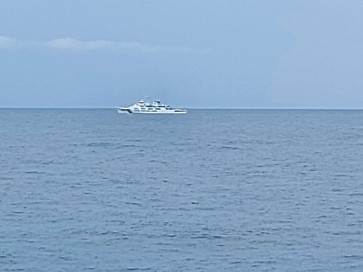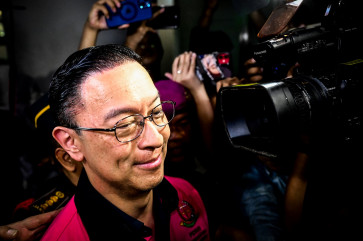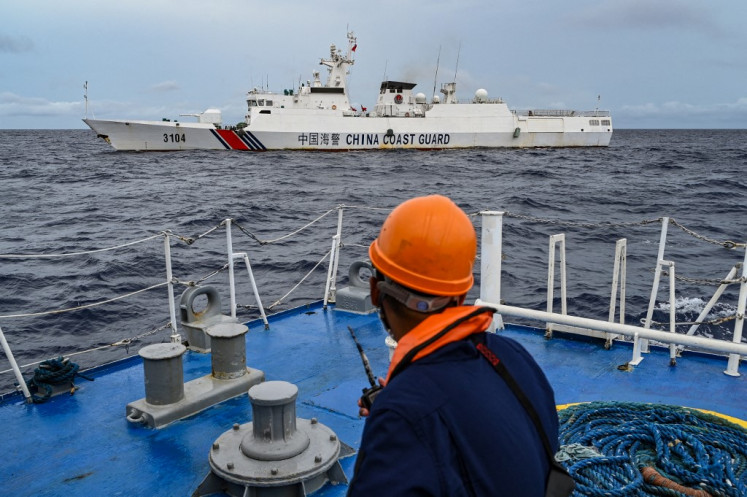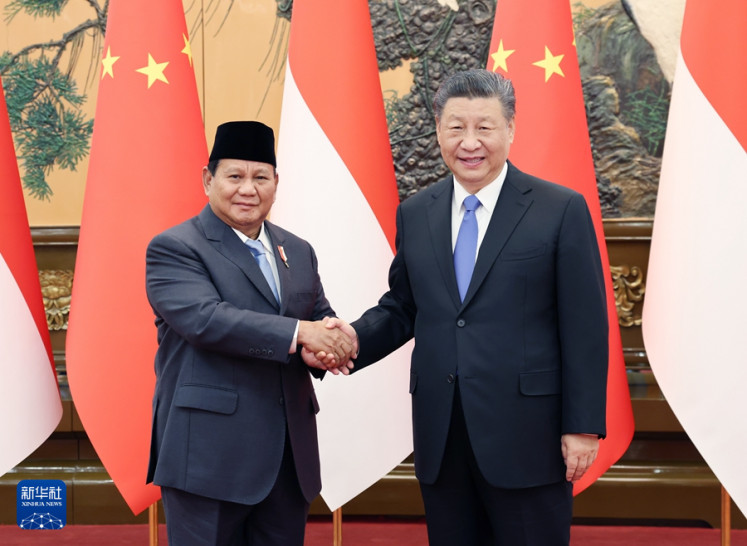JI’s new strategy: How to rationalize radicalism in Indonesia
The criticism from several Muslim communities against actions taken by the National Police Special Detachment 88 (Densus 88) to dismantle JI’s networks have highlighted that JI’s political strategy appears to be effective
Change text size
Gift Premium Articles
to Anyone
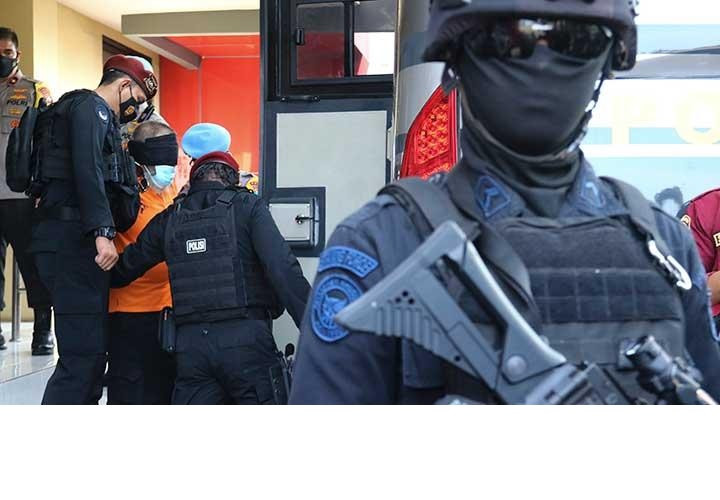
T
he recent and continuous arrests of alleged Jamaah Islamiyah (JI) members highlight how the terrorist group, which had been deemed weakened for years, remains a threat in Indonesia.
The arrest of JI leader, Para Widjayanto, back in 2018, has helped Indonesia’s counterterrorism and law enforcement understand how JI has changed its strategy in order to spread its radical ideology and to gather more support from common Muslim communities.
Authorities, during interrogations, discovered the in-depth structure of the group, which has led to mass arrests. Interestingly, JI under Widjayanto’s leadership has always shared its strong belief that, to survive, the group needed to focus on the long-term impact of its ideology and main agenda, the establishment of a sharia-based state in Indonesia.
In order to achieve this, Widjayanto has fully reviewed the group’s posturing. He decided to review what could be considered JI’s general guidelines for group members, with a particular focus on a tamkin (consolidation) strategy, the main purpose of which is to establish an Islamic government to oppose Indonesia's current democratic system that separates state from religion.
According to Widjayanto’s statement during his indictment in February 2020, tamkin relies on a major shift in the Muslim community, from the phase of Istidh’af (the belief that Muslims in the country are weak) where there is limited dakwah (propagation of Islam) and the community faces threats of imprisonment or being killed, to marhalah tamkin (the phase of consolidation) where Muslims no longer face obstacles and are able to fully implement the Daulah Islamiyah (Islamic state).
The main objective of JI was to develop the group’s political influence countrywide, to achieve what could be considered the rationalization of JI’s ideology. According to Widjayanto, to achieve this, Indonesian Muslim communities needed to accept the group’s existence and ideology, and if possible, implement it as their daily norms and values.
Recent events have highlighted that JI’s political strategy appears to be effective if we look at the current response of some of Indonesia’s Muslim communities, which have criticized the actions taken by the National Police Special Detachment 88 (Densus 88) to dismantle JI’s networks. This was made vivid after the arrest of Farid Okbah, an alleged JI member, last week, with some Muslim communities showing strong opposition to the government’s counterterrorism strategy.
Convinced that Farid has no connections with JI, some groups even organized protests to defend him. Interestingly, Farid is an official in the Bekasi, West Java, chapter of the powerful Indonesia Ulema Council (MUI). If the links between Farid and JI are proven in the investigation currently underway, it would show that Widjayanto’s strategy to develop political influence has been effective.
It is worth noting that some political actors are also playing the game of JI, in an indirect manner. Back in early November, member of House of Representatives’ Commission I, which oversees defense, foreign affairs, information and intelligence, Fadli Zon, stated that Densus 88 is only useful to “confiscate charity boxes suspected to fund terrorist activities”, after he argued a few weeks ago that the counterterrorism squad should be dissolved because its “narrative would not be trusted by the society” as “it smells of islamophobia”.
It is not the first time that the existence of Densus 88 and its actions have been questioned, despite its positive track record. Meanwhile, JI’s resurgence has also been dismissed by some terrorism observers, arguing that the group has, since 2007, no longer functioned as a terrorist organization but instead a nongovernmental organization that delivers aids to Muslim communities.
This narrative also shows that Widjayanto’s strategy of rationalization is also working. Yet Densus 88 discovered that from 2013 to 2018, JI trained hundreds of its members in high-skilled militancy – such as weapon handling and explosives making. The follow-up investigation led Indonesia’s law enforcement to proceed in making several arrests, including Farid’s.
Densus 88 also discovered that JI was gathering funds to support the organization’s agenda through donation boxes all over the country. As a matter of fact, the management of the funds was under the Baitul Mal Abdurrahman Bin Auf Institute, in which Farid was also involved.
JI is also taking advantage of financial sector companies, charities and small businesses, and has even opened its own funds-gathering organization named Syam Organizer. According to law enforcement sources, the funds were used to send JI’s best members to be trained and to fight with the Islamic State (IS) movement or Jabhat Al Nusra in Iraq and Syria.
As the JI terrorist group has evolved, the threat that the terrorist group represents has also changed and should not be underestimated. Nevertheless, while Densus 88 is not the only institution responsible for cracking down on terrorist activities in the country, its challenge from several communities – who might have not been aware of the strategy being played by JI -- indicates that the strategy set up by Widjayanto has been effective, as seen in the current opposition to Indonesia's counterterrorism unit.
The whole strategy of the government to fight terrorism countrywide has also been weakened by the current outcry led by political actors. Biased by political interests, key actors’ statements will only negatively impact counterterrorism activities. In other words, such comments might only encourage more Muslim communities to stand against Densus 88, which could lead to uncooperative behavior and impede law enforcement in discovering terrorist plots and networks.
In this perspective, without the moral responsibility of key political actors, agendas such as the one established by Widjayanto may succeed in the mid to long term.
***
Ulta Levenia is the lead researcher of Galatea on Terrorism and a consultant for Semar Sentinel Pte Ltd., where Alban Sciascia is the director

